Project engineer Hamza has worked across multiple digital services, focusing his expertise on audio visual and systems engineering to provide design, technical and commissioning services for various market sectors.
He has successfully delivered projects spanning audiovisual, building technologies, ICT and communications infrastructure.
Like many engineers, from an early age Hamza was intent on fixing things or building things from scratch. A love of audio production led to a career in audio visual design, and he hasn’t looked back. He’s currently working on a wholesale food market colocation project in London and shares his experience here.
What inspired you to become an engineer?
I knew I wanted to pursue engineering from an early age as I was always working of trying to fix or create new stuff. For my bachelors I decided to pursue mechanical engineering because I knew it would provide me a great opportunity in exploring other fields as well. But, after completing it I was looking for a new challenge and started exploring new options.
Why digital (audio visual (AV))?
During my university years I was quite drawn towards audio production works so, I started working on digital audio workstations (DAWs) to familiarise myself with the technology. However, due to my ever-growing interest in knowing the technical side of things I knew I wanted to learn the fundamentals behind these DAWs and luckily, I came across the AV, which was the exact breakthrough I was looking for. I secured a job as an AV contractor and worked away designing and commissioning AV systems which worked out in my favour, I learned a lot during that time.
What’s your career highlight project?
It’s a current project I’m working on in London. The goal of this wholesale food market colocation project is to establish a site wide integrated converged network (ICN) for the new market with the addition of AV services in office spaces.
Tell us about the AV on this project.
The project is still in early stages, but the idea is to equip the meeting rooms with AV equipment and have the complete system running over an ICN. The challenge here is that the markets are being relocated from an existing site to a new location and we need to work closely with the client to understand their current AV setup and based on our expertise, provide them with a future proof solution. As technology is always changing, we always aim to provide our clients with the latest solution on the market which best suits their needs.
What innovative new approaches are you seeing when it comes to AV?
With remote working now becoming more and more popular, traditional AV systems are discarded with most clients opting for hybrid meeting room solutions such as Zoom or Microsoft Teams.
If you’ve worked across regions or countries, and/or across Tetra Tech operating units, can you tell us about the key similarities and differences you’ve encountered when it comes to design within your field and your projects?
I’m currently working in my 3rd region; my past experiences include time as a contractor in Kuwait then with NDY in Australia and now in London. I think each country has their own way of working and it mainly depends on how flexible you are and how quickly you can adapt to it. As I am part of NDY’s Global Specialist Groups I can work easily on multiple projects across different countries as there aren’t any restrictions or limitations with the design principles. After 6 years of working in the industry I’ve realised that the digital industry is wide open for anyone with the right mindset and anyone who is keen on exploring new opportunities globally.
What tech are you playing with at the moment?
I’m currently learning more on the smart buildings side of things, for example things like sensors, communication protocols, integrated system platforms, etc.
What is it like to be a young engineer in AV?
Challenging and exciting. Simple as that.
If you feel comfortable to do so, tell us a bit about your background (culturally).
Originally, I’m from Pakistan but I grew up in Kuwait before getting an opportunity to move to Australia and now the United Kingdom.
How does diversity of background and thought influence how you deliver your projects?
You tend to learn and share thought processes which eventually is beneficial for all.






